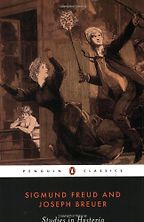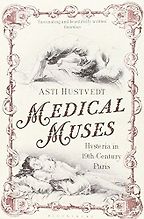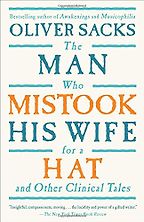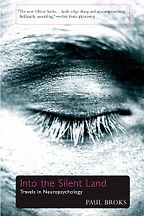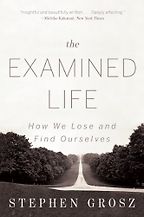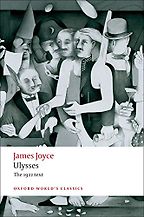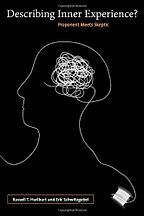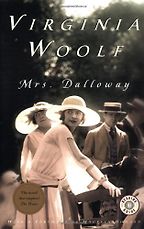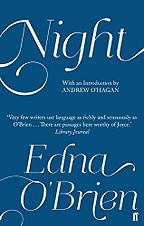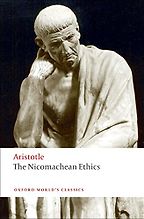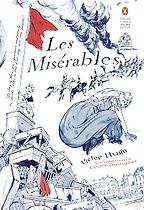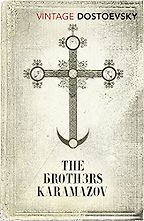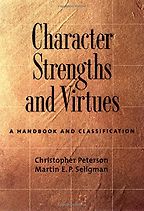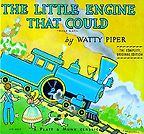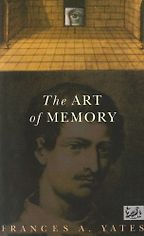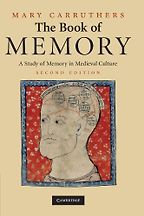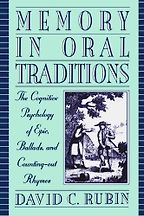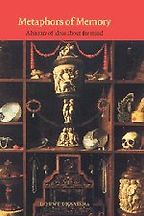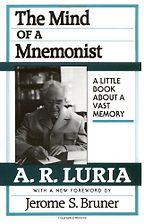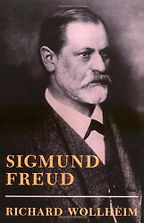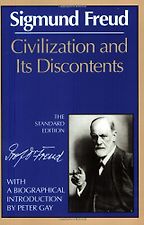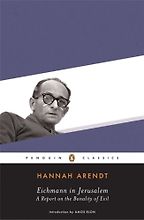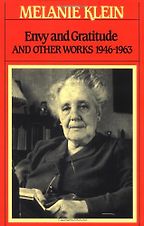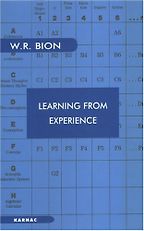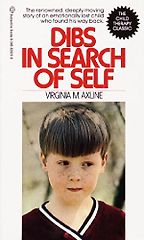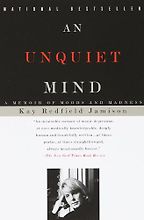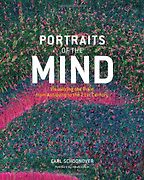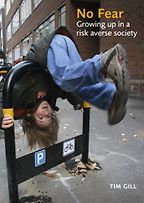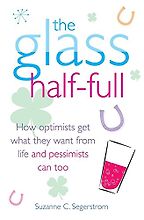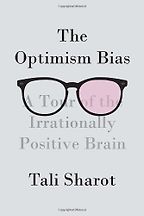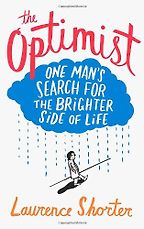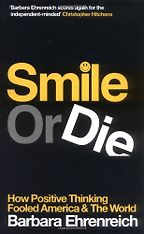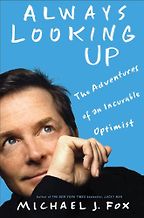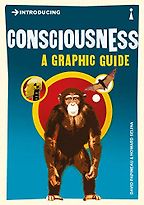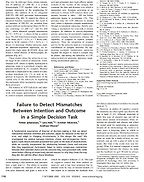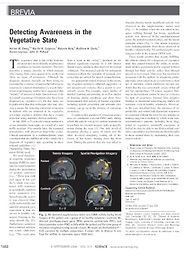Psychology Books
recommended by psychologists
Last updated: February 11, 2026
-

1
Studies in Hysteria
by Josef Breuer & Sigmund Freud -

2
Medical Muses: Hysteria in Nineteenth-Century Paris
by Asti Hustvedt -

3
The Man Who Mistook His Wife for a Hat
by Oliver Sacks -

4
Into the Silent Land: Travels in Neuropsychology
by Paul Broks -

5
The Examined Life: How We Lose and Find Ourselves
by Stephen Grosz
The best books on Psychosomatic Illness, recommended by Suzanne O'Sullivan
The best books on Psychosomatic Illness, recommended by Suzanne O'Sullivan
We still understand very little about the workings of the brain, and yet we dismiss the tricks it can play on us as undeserving of the same sympathy as physical illness. Neurologist and author Suzanne O’Sullivan recommends the best books on psychosomatic illness.
The best books on Streams of Consciousness, recommended by Charles Fernyhough
Is it possible to describe or study our inner experience, and – if so – how might one go about it? Charles Fernyhough, professor of psychology and author of The Voices Within chooses five of the best books that employ or examine streams of consciousness.
The best books on Moral Character, recommended by Christian B Miller
Why do apparently ‘good’ people sometimes behave deplorably? Christian B Miller, professor of philosophy at Wake Forest University, selects five books that explore the subject of moral character and warns us to be cautious of making inferences about the underlying motives of others – and ourselves.
The best books on Memory, recommended by Joshua Foer
Since ancient times, human beings have devised ways to better remember, from the ‘memory palace’ of the ancient Greek poet Simonides in the 5th century BCE to the illuminated manuscripts of the Middle Ages and graphical memory devices of Giordano Bruno (1548-1600). These days, not so much. Joshua Foer, the 2006 US Memory Champion and author of the bestselling Moonwalking with Einstein, recommends five unforgettable books about the art of remembering.
The best books on Psychoanalysis, recommended by David Bell
The well-known psychoanalyst explains which books he believes deserve to be the most read on psychoanalysis. His choices include books by Freud, Klein, Bion, Arendt and explanations of why they must be included.
The best books on Child Psychology and Mental Health, recommended by Tanya Byron
Clinical psychologist, author and broadcaster discusses the stigmas attached to mental health problems, and asks whether, as a society, we are really doing what’s best for our children
The best books on Optimism, recommended by Elaine Fox
The psychologist and professor of cognitive neuroscience, Elaine Fox, reveals the benefits of positive thinking—if grounded in realism. Some of us may be genetically predisposed towards pessimism, but can overcome it.
-

1
Introducing Consciousness: A Graphic Guide
by David Papineau & Howard Selina -

2
Detecting Awareness in the Vegetative State
by Adam Owen et al -

3
Selective Attention Test
by Christopher Chabris and Daniel Simons -

4
Failure to Detect Mismatches Between Intention and Outcome in a Simple Decision Task
by Petter Johansson et al -

5
Synecdoche, New York
by Charlie Kaufman
Consciousness for Beginners: the best book, articles and one movie, recommended by David Carmel
Consciousness for Beginners: the best book, articles and one movie, recommended by David Carmel
What is consciousness? Can we measure it? Cognitive neuroscientist David Carmel introduces some of the philosophical and scientific complexities of identifying what was formerly known as the ‘soul.’
